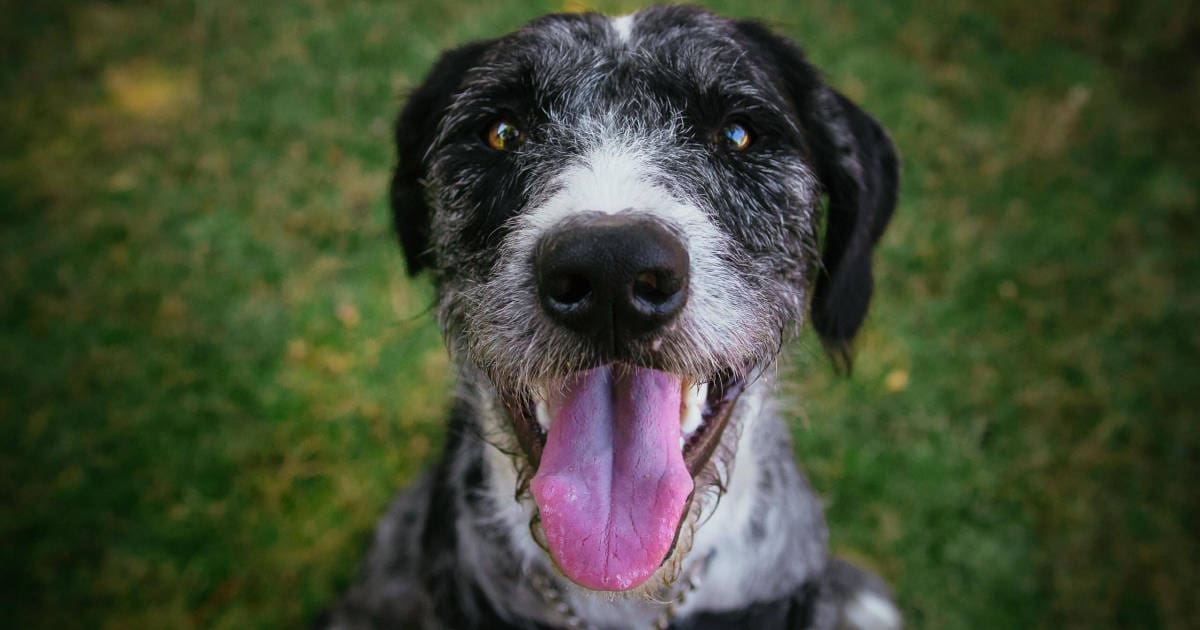Puppies may whine while chewing a toy due to teething discomfort or to get attention from their owners. Puppies may exhibit this behavior to relieve pain or seek interaction.
Understanding Puppy Behavior During Playtime
Understanding puppy behavior during playtime is important to ensure their well-being and happiness. Playtime serves several purposes for puppies, such as exercising, socializing, and honing their natural instincts. It is normal for puppies to exhibit common behaviors during play, including chewing on toys and vocalizing their excitement.
Whining can be a part of this play behavior spectrum, often signifying enthusiasm or frustration. By whining while chewing a toy, puppies may be expressing their eagerness to engage with the toy or seeking attention from their owners. It is essential for puppy owners to pay attention to these behaviors and provide proper guidance and interaction to foster a positive play experience.
Understanding why your puppy whines while chewing a toy helps you build a strong bond and create a stimulating environment for their development.

Credit: toegrips.com
Potential Reasons Behind The Whining While Chewing
Puppies whining while chewing toys can be due to various potential reasons. One common cause is teething and discomfort, as puppies’ gums may be sore or itchy. This can lead to them whining while trying to alleviate the discomfort with chewing.
Lack of stimulation and boredom is another possibility. Puppies, like humans, can become bored with their toys if they don’t provide enough mental and physical stimulation. Whining could be their way of expressing dissatisfaction. Additionally, puppies might whine while chewing toys to seek attention or interaction.
They may want their owners to engage with them or play together. Understanding these reasons can help pet owners address their puppies’ needs and ensure their overall well-being. By providing appropriate toys, stimulation, and attention, owners can help their puppies overcome the whining behavior and create a happy, satisfied pup.
Strategies To Address The Whining Behavior
Puppies often whine while chewing on toys as a way to communicate their needs and feelings. To address this behavior, it’s important to provide appropriate chew toys that are safe and suitable for your puppy’s age and size. These toys should be durable and engaging, helping to redirect their attention and minimize whining.
Additionally, implementing a consistent play schedule can help satisfy their energy and mental stimulation needs, reducing the likelihood of whining during playtime. Furthermore, addressing teething discomfort is crucial. You can soothe your puppy’s gums by providing frozen treats, teething rings, or gently massaging their gums with a clean finger.
By following these strategies, you can help address the whining behavior in your puppy and create a happy and contented playtime experience
Additional Tips For A Happy And Engaged Puppy
Have you ever wondered why your puppy whines while chewing a toy? It could be a sign of their need for additional mental stimulation during playtime. One way to provide this is by introducing interactive toys and puzzles. These toys can engage your puppy’s mind, keeping them happy and entertained.
Mental stimulation is just as important as physical exercise for a growing puppy. If despite your efforts, the whining behavior persists, it may be time to seek professional help. A dog trainer or behaviorist can provide guidance and insights that will benefit both you and your furry friend.
Remember, a happy and engaged puppy is a well-adjusted one. So, make sure to provide them with the right toys and continue to stimulate their minds as they grow.
Conclusion
If your puppy is whining while chewing a toy, it could be due to a variety of reasons. It may be trying to alleviate teething discomfort, seeking attention, or displaying an excessive prey drive. By understanding the underlying cause and addressing it appropriately, you can help your puppy overcome this behavior.
Providing appropriate toys, engaging in interactive play, and offering positive reinforcement can redirect their attention and discourage whining. Remember to be patient and consistent in your training efforts, focusing on rewarding desired behavior rather than scolding or punishing. Also, keep in mind that seeking guidance from a professional trainer or behaviorist can be beneficial if the whining persists or becomes excessive.
Ultimately, with time, understanding, and a little patience, you can help your puppy enjoy their toys without the whining.
